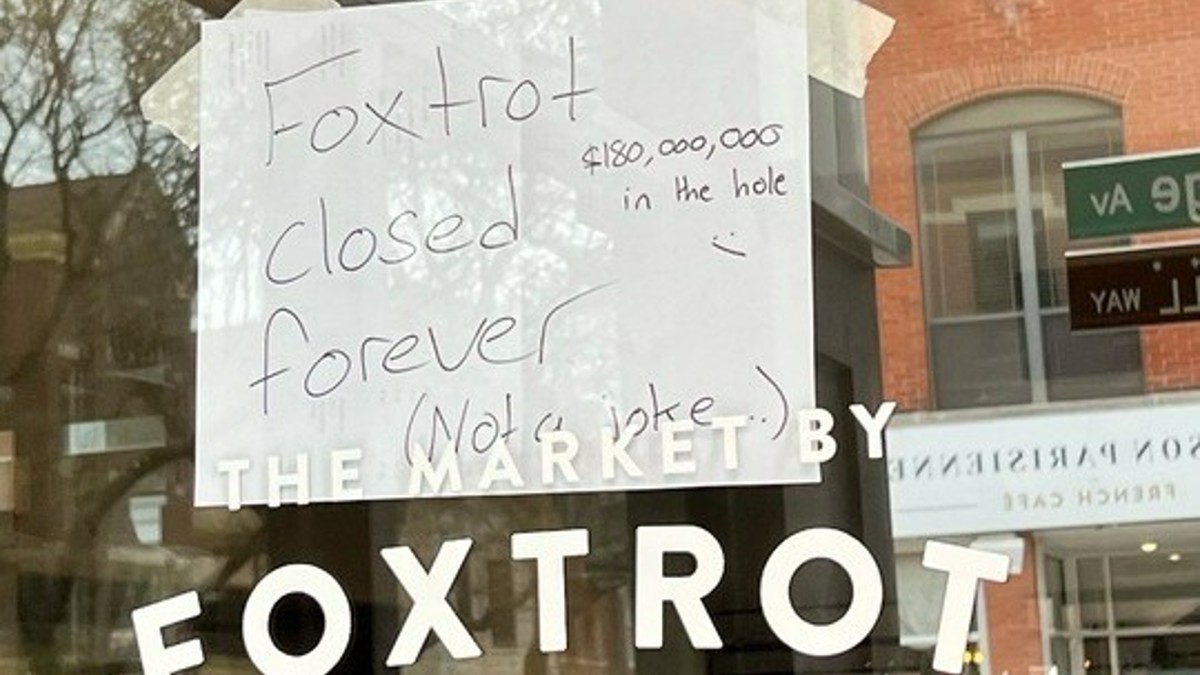Jane Chu, the chairman of the National Endowment for the Arts (NEA), learned the power of the arts at an early age.
When she was nine years old, her father died. A young pianist, she discovered music soothed and comforted her. “I learned to understand this was another vocabulary set we could use to express ourselves in different ways. And that’s what we want to celebrate at the National Endowment for the Arts,” Chu said.
Chu got a taste of Dallas’ artistic vocabulary when she visited several cultural institutions on Nov. 28 and 29.
This tour is something of a homecoming for Chu. This daughter of Chinese immigrants earned her master’s degree in music and piano pedagogy from Southern Methodist University.
Chu regularly tours communities throughout the nation to witness how the arts are impacting those communities and their citizens.
Her tour in Dallas began with a tour and performance at Dallas Black Dance Theater, followed by a round table discussion with arts leaders about cultural equity and the role of the arts.
Later, Chu visited Raul Quintanilla Middle School to learn more about Big Thought’s after school and community programs and discuss Big Thought’s Dallas City of Learning, a city-wide summer learning initiative supported by the NEA.
The Scene
On November 29, Chu gave a keynote address at the Dallas Arts District Community Breakfast detailing the agency’s work to make the arts accessible everywhere. She visited the Dallas Museum of Art to tour the galleries and learn more about the museum’s education programs and initiatives.
Her visit concluded with a visit to Morton H. Meyerson Symphony Center, the Dallas Symphony’s home, and a tour of the Winspear Opera House, the home of the Dallas Opera.
Chu articulated the NEA’s main priority at the round table discussion at the Dallas Black Dance Theater: the arts are for everyone.
“There’s something everybody. We’ve seen students transformed in their academic areas because they were learning subjects through the arts. We’ve seen some of our military service members who have PTSD and other psychological health conditions be transformed in their ability to manage their pain and express themselves, enhance their memories, and work with their loved ones because of arts programs,” Chu said.
Creative Forces: NEA Military Healing Arts Network will expand to Fort Hood in early 2017.
Success at the NEA is defined by making sure the arts are accessible in all communities and the agency attempts to increase accessibility by giving grants across the nation.
“We constantly evaluate ourselves. Are we awarding grants geographically everywhere? Because there’s stereotypes we’re fighting against. One of them is that we only give to large organizations and we don’t give to small groups. This year, we have grants in every single congressional district. We have rural initiatives. Anything we can do to get the message out that the arts are for everyone,” Chu said. “The NEA has two criteria for awarding grants, excellence and merit. We decide the grant amount on the project, not the size of the organization.”
Chu expressed admiration for citizen panels made up of art experts who evaluate and recommend grant applications. She was impressed to learn the NEA has been giving grants to the Dallas Black Dance Theater for over 30 years.
“Not only is that cool, you can thank your colleagues, because people in your community make the first round of recommendations for the NEA grants,” Chu said.
In addition, the $240 million in grants the NEA has made during her tenure, Chu launched Creativity Connects, an initiative that investigates the current state of the arts in our nation and has resulted in a report, Creativity Connects: Trends and Conditions Affecting US Artists. The report revealed there is still work to be done in terms of cultural equity.
“There are artists in every community in the United States, but there isn’t always the recognition of equity of different groups, including women,” Chu explained. Female conductors, composers, and film producers struggle to be recognized in demanding fields.
Chu was excited to learn more about the Hart Institute for Women Conductors at the Dallas Opera, a program designed to develop exceptional female conductors.
When asked about funding levels and the incoming Trump administration, Chu is practical. “We know it is not helpful to speculate,” Chu said.
The NEA is focused on being an agency of integrity and Chu works to prove the unifying impact of the arts. “The arts are one of the best ways to bring us together and celebrate our differences as opposed to seeing them as divisive,” Chu said.



